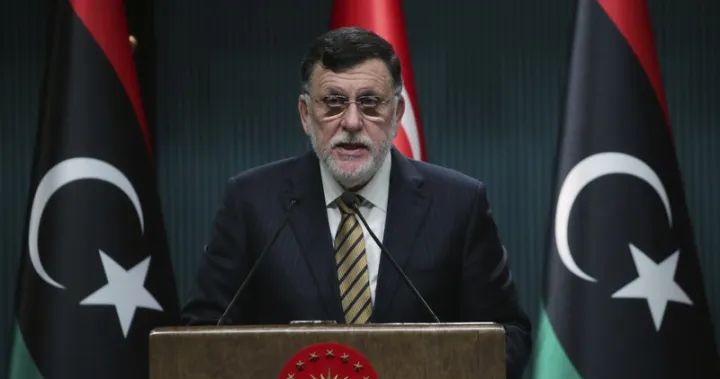The United Nations Libya mission voiced serious concerns late on Thursday following reports of military mobilization in Tripoli, raising alarms over the potential use of force in resolving a mounting crisis surrounding the control of the Central Bank of Libya (CBL).
In a statement to the U.N. Security Council on Monday, Stephanie Koury, the mission’s deputy head, highlighted the rapid deterioration of Libya’s political and military landscape over the past two months. She specifically pointed to the alarming mobilization of armed factions within the country.
“The display of military power and armed confrontations in densely populated neighborhoods is unacceptable and threatens the lives and security of civilians,” the U.N. mission stated on Thursday.
The latest surge in tensions revolves around political efforts to remove CBL head Sadiq al-Kabir. Rival armed factions have reportedly begun mobilizing, aligning themselves with either side of the dispute. Mohammed al-Shokri, who has been proposed as al-Kabir’s successor, stated on Friday that he would only accept the role if both of Libya’s rival legislative bodies endorse his appointment.
Libya, a significant oil producer along the Mediterranean, has faced persistent instability since the 2011 NATO-backed uprising. The nation experienced a significant division in 2014, splitting between eastern and western factions. This division eventually drew in foreign backing, with Russia and Turkey supporting opposing sides.
Although a ceasefire in 2020 brought major fighting to a pause, efforts to resolve Libya’s political crisis have repeatedly faltered. The country remains mired in conflict, with major factions frequently clashing and vying for control over its substantial economic resources.
The political landscape is dominated by leaders who were either elected over a decade ago or installed through international peacemaking initiatives. Diplomatic efforts aimed at holding national elections to replace Libya’s political bodies have stalled, exacerbating the situation.
Eastern Libya, where the parliament is based, remains under the control of Khalifa Haftar’s Libyan National Army (LNA). In contrast, Tripoli and the northwest, home to the internationally recognized Government of National Unity (GNU) and most major state institutions, are dominated by rival armed factions that have clashed repeatedly.
In recent weeks, these rival factions in northwest Libya have once again mobilized against each other. Concurrently, the LNA has moved forces into southwest Libya, heightening fears of renewed east-west conflict.
Meanwhile, the eastern-based House of Representatives has renewed its calls to unseat the GNU and the Presidency Council. The High State Council, another internationally recognized legislative body, remains deadlocked after a contested leadership vote.
The tension surrounding the central bank intensified when Presidency Council head Mohammed al-Menfi issued a decision to replace al-Kabir and the bank’s board. However, this move was swiftly rejected by the eastern parliament, further deepening the political crisis.
As Libya’s political turmoil continues to escalate, the international community remains watchful, urging restraint and dialogue to prevent further destabilization in the region.



